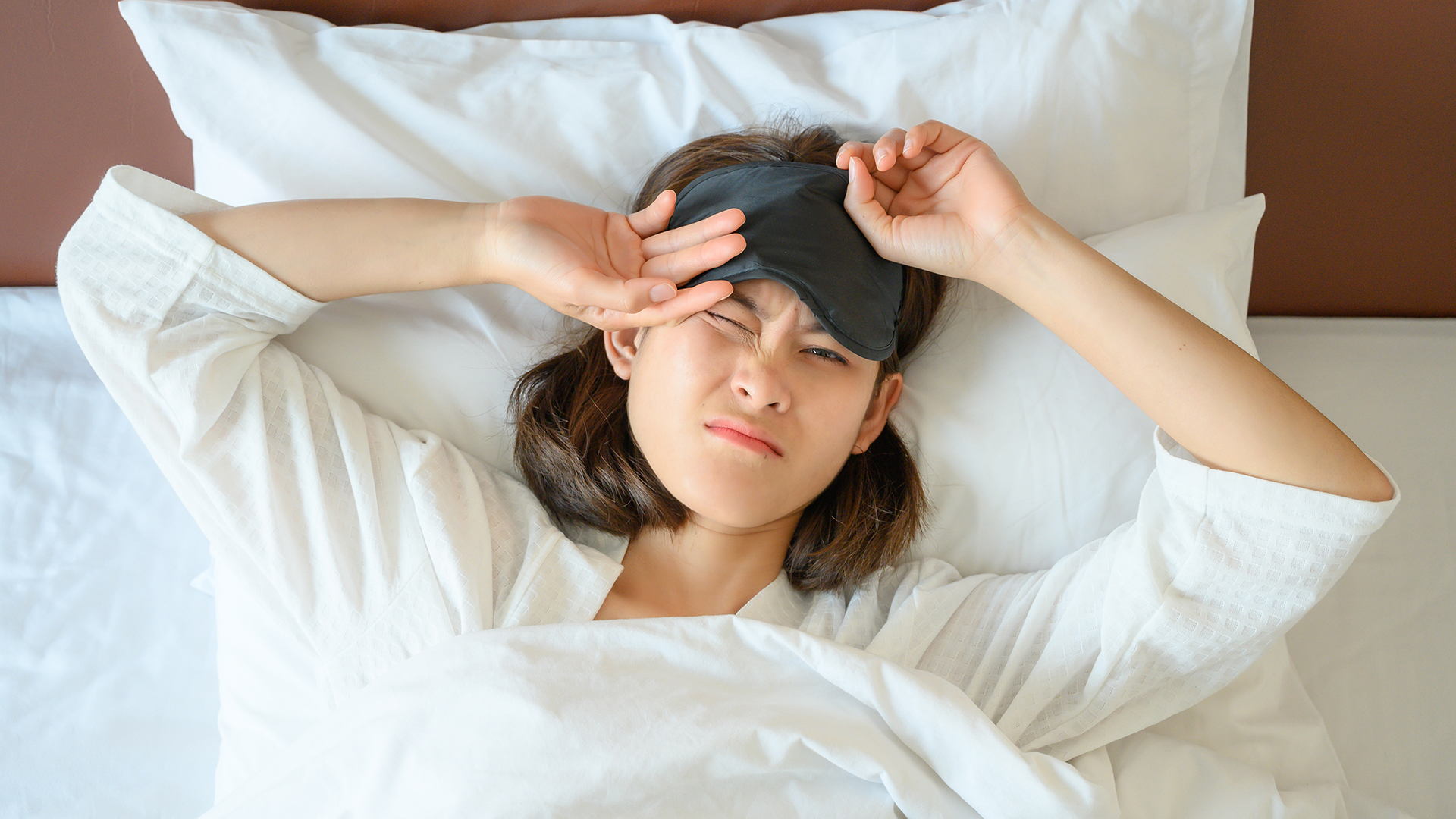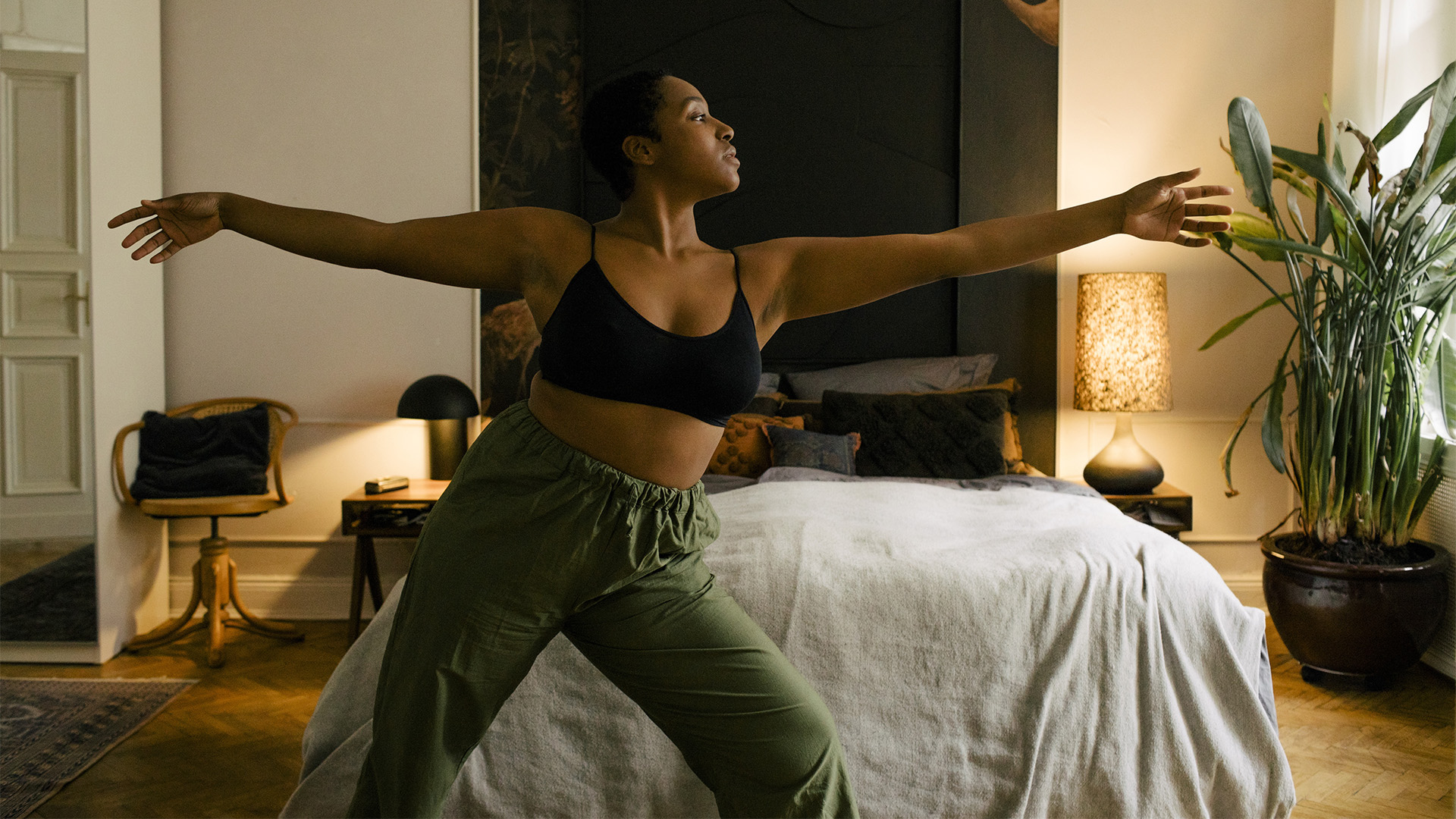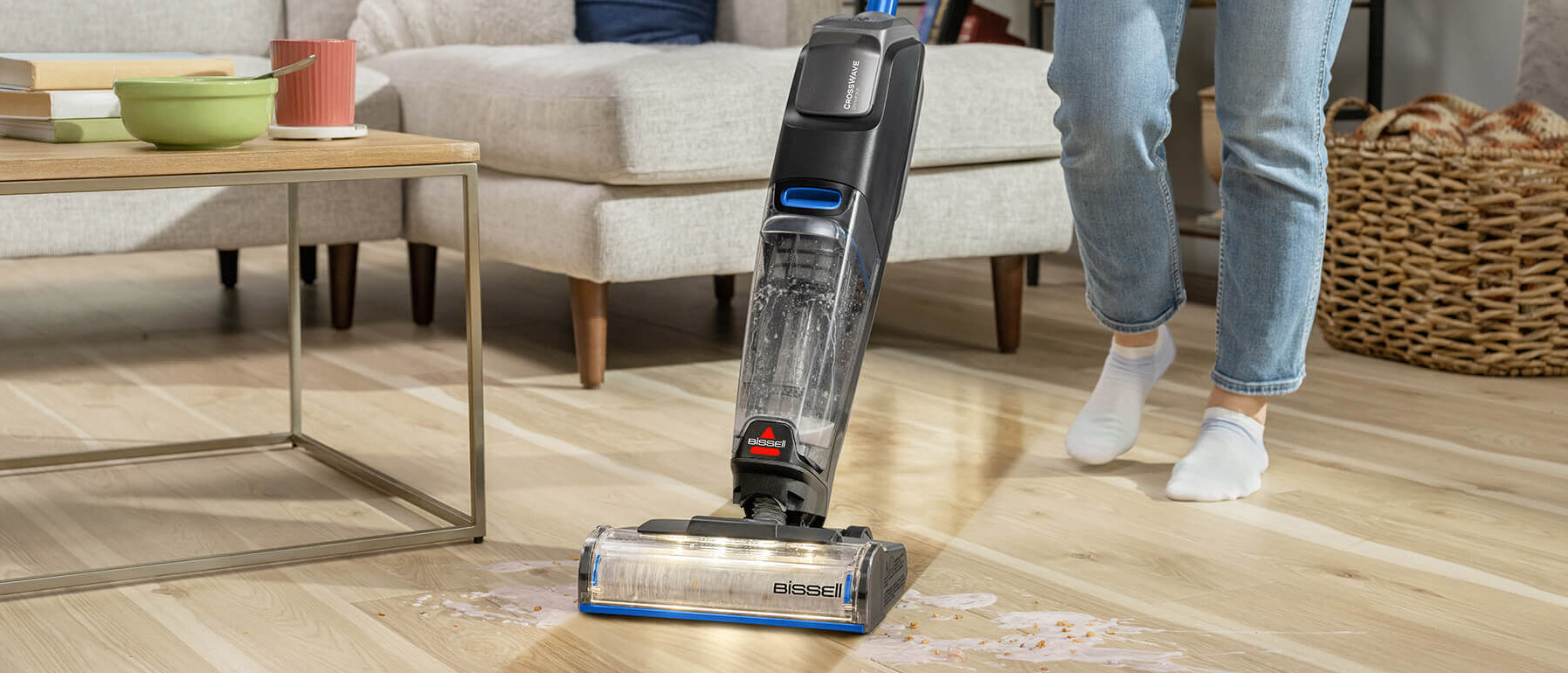I'm a sleep writer — my 3 best techniques for sleeping through the night
Keep waking up in the middle of the night? These are the best tips I've learned from experts for sleeping through

Often find yourself lying in bed, staring at a dark ceiling, wondering why you can't fall back to sleep? Waking up during the night is a problem that afflicts many of us, and if it's happening frequently, it could cause you to miss out on vital hours of rest. But how can you keep yourself sleeping for longer?
As a sleep writer, I understand just how necessary sleep is to our health and wellbeing. I've also come across a lot of tips and techniques for getting a better night's rest (not all of them very good). The best techniques are easy to incorporate into your everyday and encourage healthy habits, like a de-stressing bedtime routine.
One of the biggest things I've learned is the role your bedroom environment plays in your sleep habits – that means having the best mattress for your body and sleep needs, as well as creating a cool, dark and quiet space. But if buying a new bed isn't possible, or necessary, these three easy, achievable tips have helped me to start sleeping through the night.
I'm a sleep writer – my 3 top tips for sleeping through the night
1. Develop a wind-down routine
Without the distractions of the day, bedtime is prime time for stress and anxiety. And if your worries tend to follow you into your dreams, you're probably no stranger to disrupted rest. If a racing mind is keeping you awake, a soothing wind-down routine can help you stay snoozing.

A de-stressing bedtime routine puts away the worries of the day so your brain and body can focus on falling asleep. I've found journalling to be an excellent wind-down activity, helping me order my thoughts and verbalize worries that might otherwise bother me when I'm trying to sleep. Other useful de-stressing activities include meditation and controlled breathing techniques.
2. Limit exposure to bright lights
Light signals to the brain that it's time to wake up, while darkness indicates it's time to sleep – which is why we recommend putting away the bright blue light of screens at night. An hour or two of limited screen time before bed helps your brain recognize that it's time to get sleepy. (And you can use this time to engage in the de-stressing techniques above.)
Once you're in bed, aim to maintain this darkness, as light pollution can disrupt your sleep. I'm a big fan of my eye mask. It's inexpensive, places me in pitch black, and encourages me to put down my phone at the end of the day. After all, you can't scroll through social media with an eye mask on. If a sleep mask isn't for you, consider a set of blackout blinds or curtains.
Sign up to get the BEST of Tom's Guide direct to your inbox.
Get instant access to breaking news, the hottest reviews, great deals and helpful tips.
3. Wake up at the same time each day
This has been a hard technique to learn, but it's also an important one. One of the best ways to keep yourself snoozing through the night is to go to bed and wakeup at roughly the same time everyday. Yes, that means no more weekend lie-ins, but when you're sleeping comfortably all night long, you should't miss them.

A set bedtime teaches your body when it should start feeling sleepy and when it needs to be awake. This makes it easier to fall asleep when you get into bed, and keep you sleeping through to the next morning. To best use this technique, consider your sleep chronotype and pick a sleep window that matches your body clock.
Is it possible to sleep through the night?
During the night we go through phases of lighter and deeper sleep, and this includes brief periods of waking up. These wake-up periods are typically fleeting and in most cases, you won't even be aware that it's happened.
However, sometimes these brief night-wakings can turn into long minutes of lying awake. There are many potential causes for this, from stress to age to an uncomfortable bedroom. While brief wake-ups are normal, these prolonged stretches of alertness can add up to a lot of missed sleep.
If you've been lying awake for more than fifteen minutes, the best thing to do is slightly counterintuitive – get out of bed. Move to a different room and engage in a calming activity until you feel tired again. Lying in bed while awake teaches the brain the bed isn't just for slumber. Moving rooms helps maintain the connection between 'being in bed' and 'going to sleep'.
Finally, frequent nighttime wake-ups can be caused by an uncomfortable sleep environment. If you're often waking up with aching knees or a twinge in the neck, it might be time to upgrade your bedding. Our best hybrid mattress and best memory foam mattress guides can help, as can our guide to the best pillows.

Ruth is a staff writer at Tom’s Guide, covering all things mattress and sleep. She has a deep interest in the link between sleep and health, and has tried enough mattresses to know the right bed really can make a difference to your wellbeing. At Tom’s Guide she writes to help people sleep better, from how-tos to the latest deals to mattress reviews, and has interviewed an array of specialists who share her passion. Before joining the team at Tom’s Guide, Ruth worked as a sleep and mattress writer for our sister website, TechRadar.
